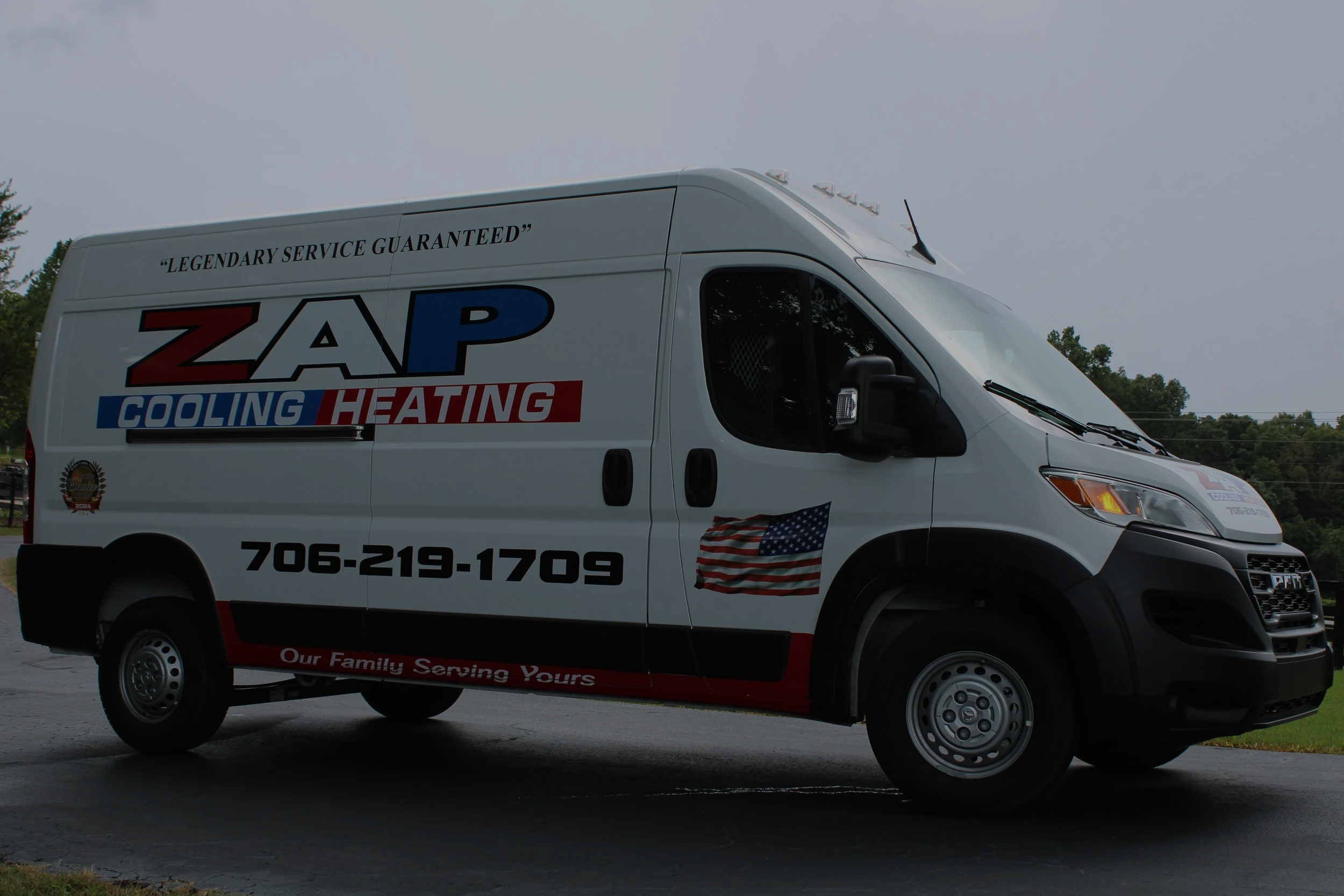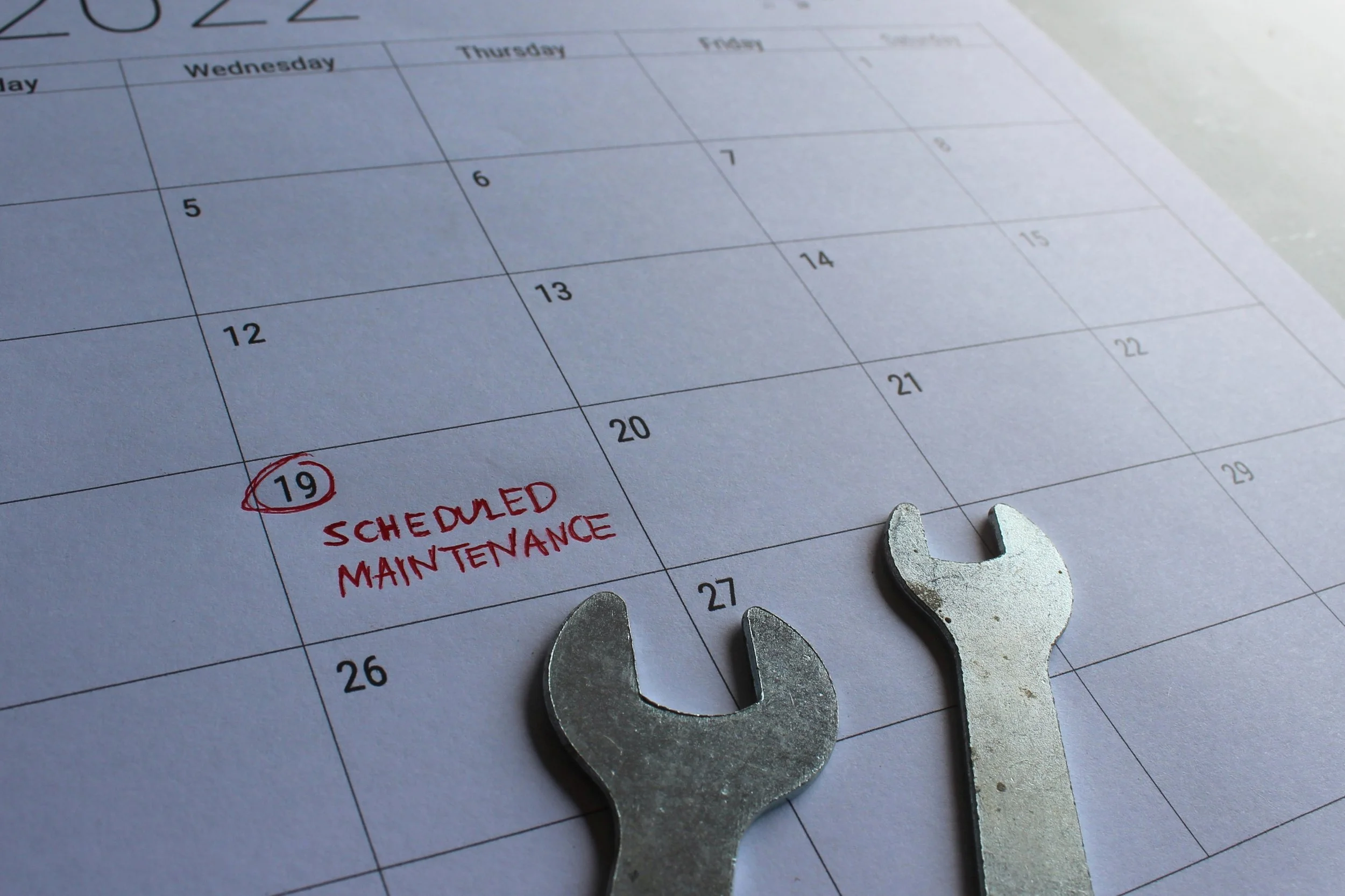
Heating Services
Furnace Repair & Maintenance

As temperatures start to drop, the last thing you want is to turn on your furnace and discover it’s not working properly. We proudly provide furnace repair services for homeowners in northeast Georgia, ensuring your system is up and running quickly. Repair costs can vary depending on the extent of the damage and any parts that need replacing, but putting off a repair could lead to higher expenses down the line.
At ZAP Cooling & Heating, we believe in transparent pricing and offer upfront estimates for all furnace repair services. Regular furnace maintenance is crucial in preventing breakdowns and extending the life of your heating system. We also offer annual maintenance packages that include a thorough inspection of your furnace, system tune-ups, and any necessary repairs. Routine maintenance can also help improve air quality by reducing the amount of dust and debris circulating in your home. If your heating system is not a furnace, don't worry. Furnace repair costs can vary depending on the extent of the damage and the parts that need to be replaced.
Nobody wants a surprise furnace breakdown.


Furnaces can be complex and dangerous if not serviced correctly, so scheduling a service call with Zap Cooling & Heating is the safest and most efficient choice.
There are a few things you can do to prevent your furnace from breaking down, but the most important thing is to have it serviced regularly by a professional. We offer annual maintenance packages that include a thorough inspection of your furnace and system tune-ups, as well as any necessary repairs.
Clear Signs Your Furnace Needs Repair Soon
It is important to pick up on warning signs that a component of your furnace may be malfunctioning. Below are some signs that your heating system is in need of repairs.
The blower motor is making strange noises
The furnace keeps turning on and off
The flame sensor isn’t working properly
The gas valve is leaking
The pilot light is out
There is no hot air coming from the vents
However, delaying a repair may lead to more significant expenses in the long run. We believe in transparent pricing and offer upfront estimates for all furnace repair services. Regular furnace maintenance is crucial in preventing breakdowns and extending the life of your heating system.
Routine maintenance can also help improve air quality by reducing the amount of dust and debris circulating in your home. If your heating system is not a furnace, don't worry. ZAP Cooling & Heating also offers heating repair services for a range of systems, including heat pumps and hot water heaters. Our technicians are knowledgeable about common heating system issues, such as problems with the limit switch, heat exchanger, and more. When it comes to heating the air in your home, there are many options available. Natural gas furnaces are a popular choice, but they are not the only option. Heat pumps and hot water heaters are also effective ways to heat your home. For more information about our HVAC maintenance services, free estimates on your furnace repair costs, and more, contact us today.
Be Safe. Have ZAP Cooling & Heating inspect your furnace now.
HVAC RESOURCES - Financing & Membership
-
There’s no need to delay an important HVAC repair or a new air conditioning system due to upfront costs. ZAP Cooling & Heating partners with OPTIMUS to offer flexible financing programs at the best possible rates—even for those with challenged credit.
Flexible Financing Options – Choose a plan that fits your budget and lifestyle.
Low Monthly Payments – Spread the cost of your new HVAC system over time
Quick Approval Process – Get pre-approved in minutes with minimal paperwork.
No Hidden Fees – Transparent financing so you know exactly what you’re paying.
Higher Energy Bills – Your system may be working harder than it should.
Weak Airflow – Little air coming out of the unit.
-
No Large Upgrade Cost – Upgrade your comfort without paying everything at once.
Access High-Efficiency Systems– Finance systems that save energy and money long-term.
Peace of Mind – Transparent terms, no hidden fees.
-
Simple Application - Apply online in a matter of minutes.
Flexible terms - Choose a length that works best for you.
Start Enjoying Comfort Immediately - Get your new HVAC system installed right away and spread the cost conveniently.
-
Regular HVAC maintenance keeps your AC and furnace running efficiently, saving you money on energy bills and repairs. ZAP Cooling and Heating provides tune-ups and preventative care to extend your system’s lifespan. Simple steps like clearing debris around your outdoor unit and checking your thermostat can make a big difference.
Access to ZAP trained technicians – “The Best of the Best” who bring years of experience and professional expertise to every job.
Priority on service calls so you get help when you need it most.
Fast response and after-hours service to minimize discomfort and inconvenience.
Reduced after-hours and holiday service fees, making emergency care more affordable.
-
Maximize the lifespan of your HVAC system with regular care and expert attention.
Ensure your system operates at peak efficiency and maintains the highest safety standards.
Enjoy 2 annual maintenance visits to catch small issues before they become big problems.
Reduce the risk of costly breakdowns and unexpected repairs.
Maintains and validates your manufacturer’s warranty, giving you added peace of mind.
-
2-Year labor warranty on most service repairs* for reliable protection and confidence in our work.
2-Year parts warranty on most service repairs* to cover essential components.
10% discount on service repairs* to save on routine or unexpected maintenance.
5% discount on accessories* to enhance comfort and convenience.
2% off system replacements* so upgrading your HVAC system is easier on your budget.











